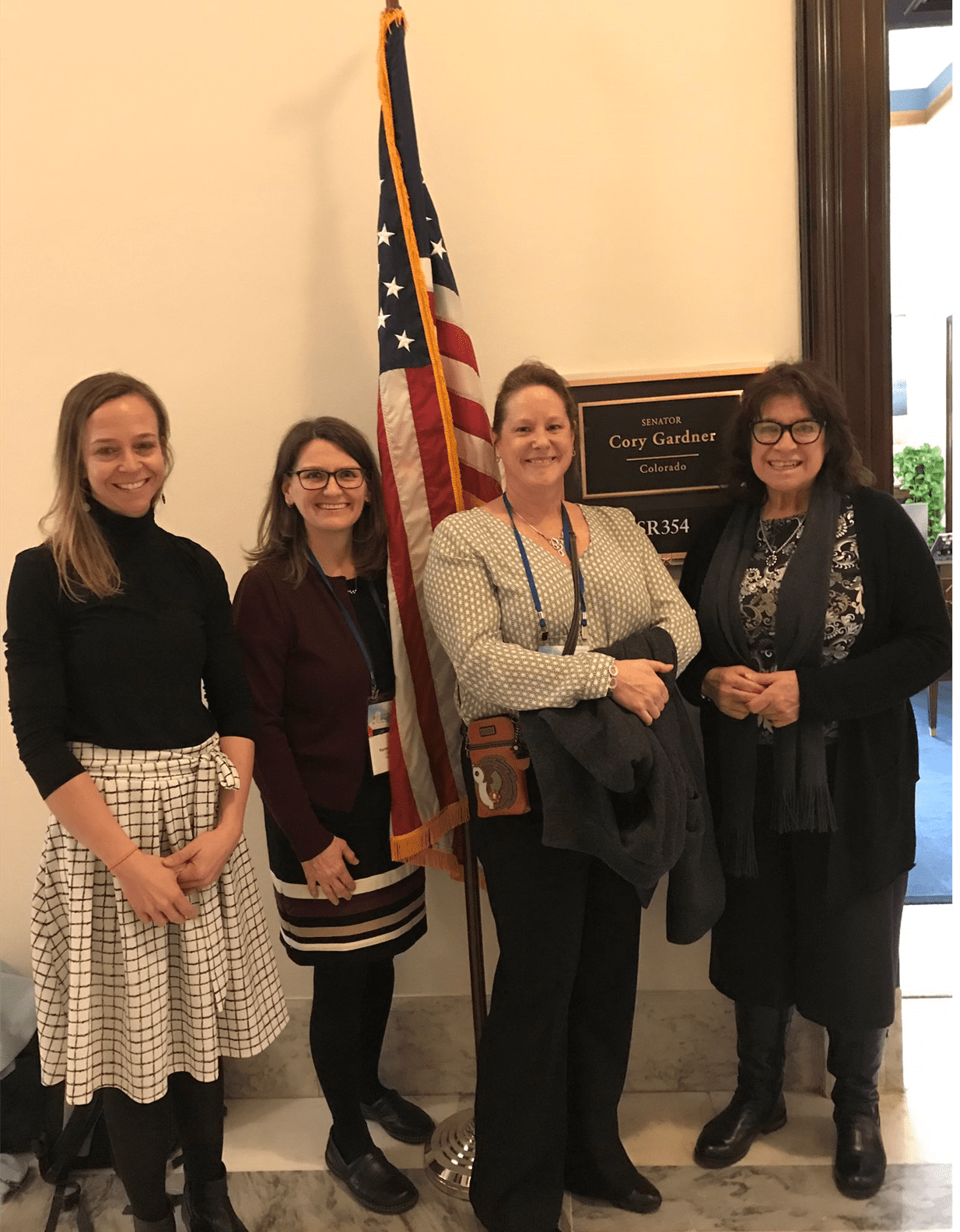CCLP's latest issue brief analyses the implications of the U.S. Supreme Court’s decision to overturn the Chevron doctrine, in conjunction with the related Corner Post decision, and current actions by the second Trump administration.
Recent articles
CCLP testifies in support of protections against junk fees
Chris Nelson provided testimony in support of House Bill 25-1090, Protections Against Deceptive Pricing Practices. CCLP is in support of HB25-1090.
CCLP testifies in support of language access in Colorado
Morgan Turner provided testimony in support of House Bill 25-1153, Statewide Government Language Access Assessment. CCLP is in support of HB25-1153, and it is one of our priority bills.
Press release: New CCLP analysis challenges claims of mass restaurant closures in Denver
A new issue brief examines recent trends in Denver’s restaurant industry and challenges claims that the city’s rising minimum wage is responsible for a significant decline in the number of restaurants.
Summit promotes skills for good jobs

Only one week after the Federal government reopened, I headed to Washington, D.C. for the National Skills Coalition Skills Summit. Despite the partisanship of our Congress and Administration, there is stunning bipartisan support for increasing investment in skills and technical training. The Perkins Career and Technical Education Act re-authorization passed the U.S. Senate unanimously. Perkins provides $1.2 billion in funding for career and technical training in both high school and college.
Co-sponsors Rep. Glenn Thompson (R-Penn.) and Rep. Raja Krishnamoorti (D-Ill.) addressed the 450 summit attendees from around the country. One big theme was removing the stigma from career and technical training — working with ours hands, not just our minds — which can offer good-paying jobs without incurring much debt.
National Skills released a poll by Anzalone, Liszt and Grove among 1,000 likely U.S. voters which showed 93 percent support of “increasing investment in skills and technical training,” the most popular of eight tested economic proposals. Meanwhile, 60 percent of respondents supported free tuition for a four-year public college for anyone who wants it and 66 percent supported free tuition for community colleges for anyone who wants it.
With only one-third of Americans having a four-year college degree, skills training was likely seen as a more universal need. Even when phrased as increased government spending, there is support by 85 percent of respondents for funding more skills and technical training , including 80 percent of Republicans and 90 percent of Democrats. Voters support skills training to prepare for the future and maintain economic competitiveness.
Congress is expected to take up re-authorization of the Higher Education Act soon. It was last reauthorized in 2006. Higher education traditionally was designed for students just graduating high school who immediately continue pursuing a four-year degree with support from their family. Today, however, 70 percent of college student are “non-traditional” adults who have been in the workforce, who are older, and are often supporting themselves and their families.
These students are more often interested in shorter-term credentials that position them for employment or a better paying job. Modernizing higher education includes redesigning Pell Grants to include aid for shorter-term credentials that are in demand by employers. Indeed, adults without family support may have their own families to support. They may need more support services such as child care, transportation, food assistance, for themselves and their families to be able to complete a credential or degree in a timely manner.
Constant retraining and lifelong learning are essential to prepare people for the work of the future. Without those concepts, the U.S. could easily fracture into a wealthy, educated class and a service-industries support class. Businesses do finance the education of their employees on a massive scale ($650 billion per year) but 85 percent of employer investment is limited to employees in the middle and top rungs of the corporate latter, and most of those individuals already have some college education.
Due to the labor shortage, some employers are starting to invest in “up-skilling” current employees with the skills they need to master their current job and to move ahead. Paid work-based learning and apprenticeships could offer a path for those who want to learn but cannot afford to stop working to go to school. Most entry-level workers and unemployed workers have fewer opportunities to advance their skills. Federal workforce program funding has drop by 40 percent over the last 15 years.
National Skills Coalition’s Skills for Good Jobs Agenda 2019 outlines 10 steps federal policymakers can take this year to expand access to all workers for opportunities to gain skills and move ahead. Taken as a package they promote an equity agenda of covering young and older workers, parents on Temporary Assistance to Needy Families (TANF), those receiving SNAP food assistance, those with significant disabilities, adults who are gaining fundamental reading and math skills along with career skills, and DREAMERS and DACA youth.
Our current workforce needs exceed the number of young people just graduating high school. A pool of untapped talent is outside today’s labor force or treading water financially in jobs without view of a path to upward mobility. They can help employers meet their workforce needs, if employers, government, schools and nonprofit workforce programs work together.
-By Chaer Robert

